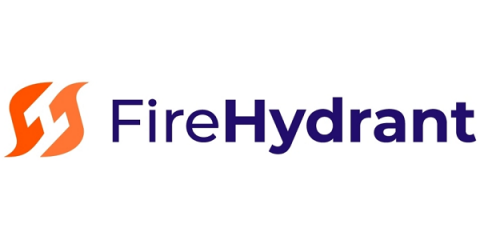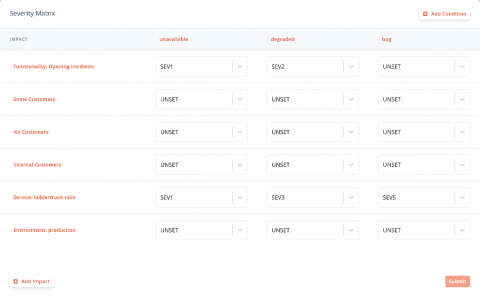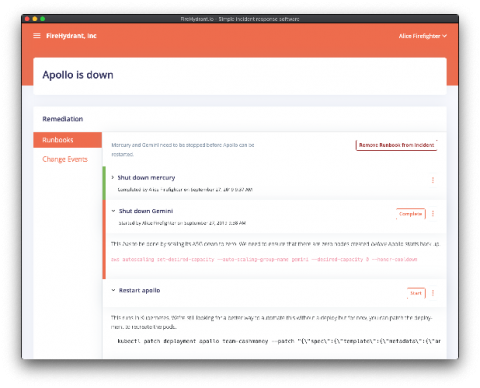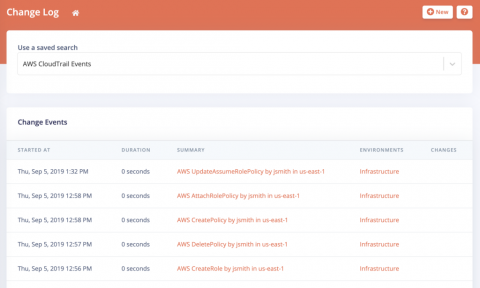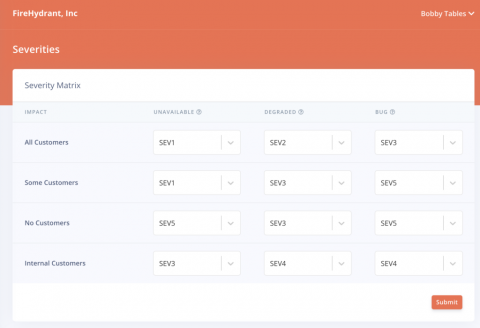3 Ways to Help CS and Engineering Work Better Together
As Engineering teams start spending more time and effort on incident response, they are usually focused on improving process with their specific team. We think there are additional benefits that can come from a holistic approach to improving incident response across your organization. In this post, we will explore how you can enable Engineering and Customer Success teams to work more effectively when an incident occurs.


